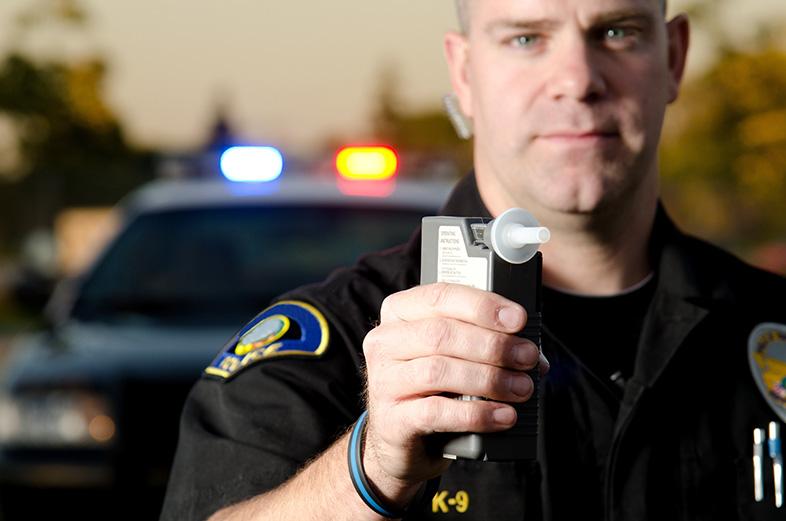The state of Wisconsin loses about 200 lives each year as a result of drunk driving car accidents. Since even one loss from a preventable accident is too many, lawmakers in the state are looking for new ways to stop the reckless behavior and prevent these accidents.
One way to do this is to increase the penalties for a OWI violation, which several lawmakers are attempting to do through new legislation on the state level. Currently Wisconsin is the only state in the country where a first OWI offense is not considered a crime, but rather is an infraction similar to a speeding ticket.
After the first offense, drivers still don’t face criminal liability if the second offense is more than 10 years later. There are several other similar loopholes giving drunk drivers a second and third chance to avoid criminal liability, many of which lawmakers are taking aim at in this new legislation. Specifically they will eliminate leniency for a second offense and it will be a misdemeanor regardless of how much time has passed.
When considering these types of new penalties it is important to think about the people whose lives they impact the most – victims of drunk driving accidents. By doing a better job deterring drunk driving, Wisconsin could potentially prevent hundreds of accidents and injuries, sparing victims and families the pain and suffering that comes when someone is injured by a drunk driver. Drunk driving is negligent behavior and those who injure others in a drunk driving accident must pay for their negligence, but that does not help undo the emotional harm that comes from these types of accidents.
Source: WIFR, “Wisconsin Lawmakers Looking for Tougher Drunk Driving Penalties,” Lauren Kravets, Nov. 4, 2013.
